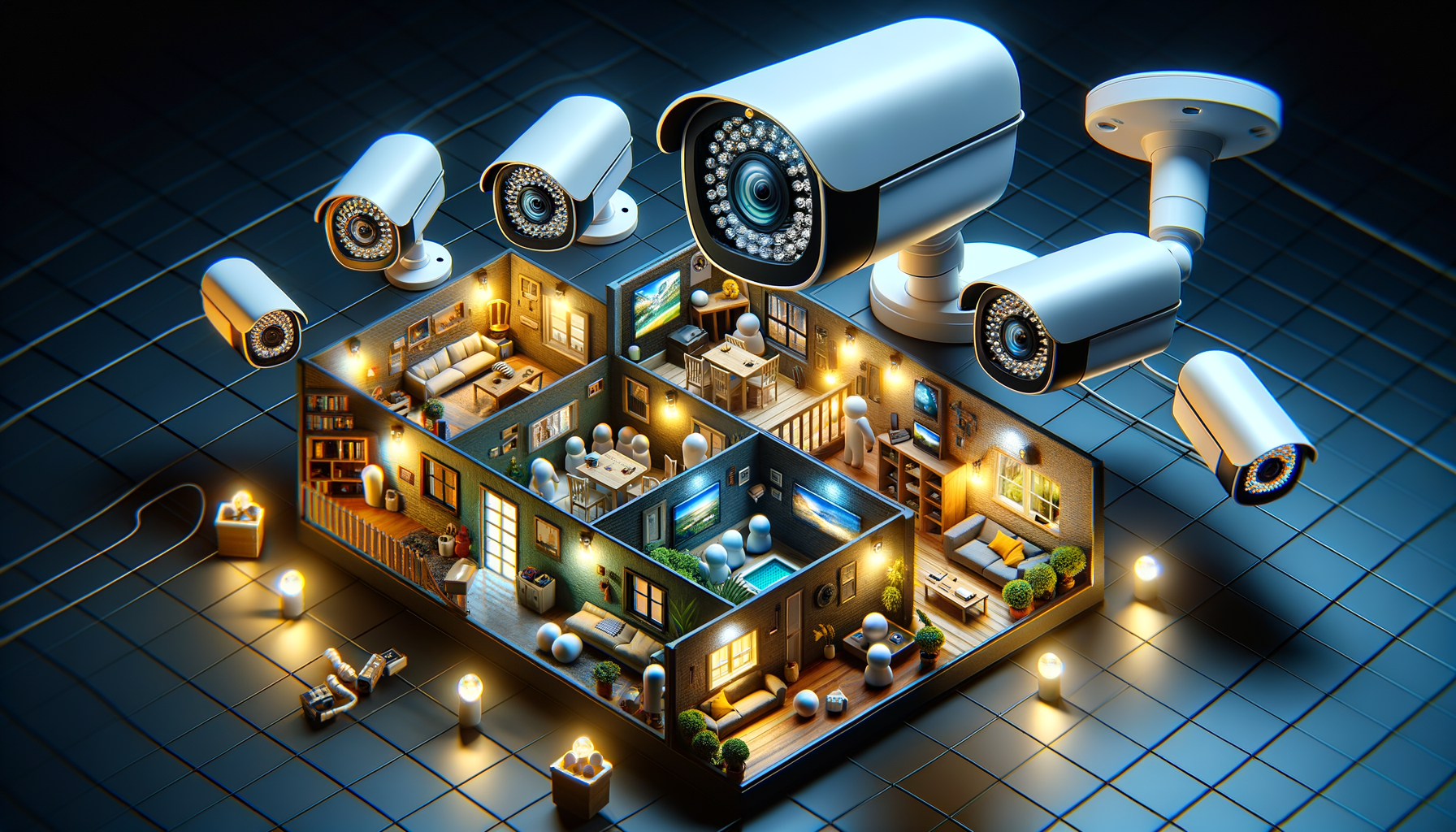Introduction to Property Management Software
In the fast-paced world of real estate, property management software has emerged as a crucial tool for landlords and property managers. These digital solutions streamline various aspects of property management, making tasks such as rent collection and maintenance tracking more efficient and less time-consuming. With the increasing demand for rental properties, the need for effective management solutions has never been more critical.
Property management software offers a comprehensive platform that integrates various functions, helping property managers handle multiple properties with ease. By automating routine tasks, these systems allow managers to focus on more strategic aspects of their business, ultimately enhancing productivity and tenant satisfaction.
Streamlining Rent Collection
One of the most significant advantages of property management software is its ability to streamline rent collection. Traditional methods of collecting rent, such as checks or cash, can be cumbersome and prone to errors. With property management software, tenants can pay their rent online through secure portals, ensuring timely and accurate transactions.
Moreover, these systems often include features such as automated reminders and notifications, reducing the likelihood of late payments. Property managers can also easily track payment histories, which helps in maintaining clear financial records. This transparency not only benefits property managers but also builds trust with tenants.
- Automated rent reminders
- Secure online payment portals
- Comprehensive payment tracking
Efficient Maintenance Tracking
Maintenance is another critical aspect of property management that can be efficiently handled through software solutions. Property management software allows tenants to submit maintenance requests online, which are then automatically logged and tracked by the system. This ensures that no request is overlooked and that all issues are addressed promptly.
Furthermore, property managers can schedule routine maintenance tasks and receive notifications when they are due. This proactive approach helps in maintaining the property’s condition and can prevent costly repairs in the future. The software can also store maintenance records, providing a detailed history of repairs and upgrades.
- Online maintenance request submission
- Automated scheduling of routine tasks
- Comprehensive maintenance history
Enhancing Communication and Tenant Satisfaction
Effective communication is key to maintaining a positive relationship with tenants, and property management software plays a pivotal role in this aspect. Many software solutions offer communication tools that allow property managers to send announcements, updates, and notifications directly to tenants.
This direct line of communication ensures that tenants are always informed about important matters, such as upcoming inspections or changes in policies. Additionally, tenants can easily reach out to property managers with questions or concerns, fostering a sense of community and collaboration.
- Direct tenant communication tools
- Automated announcements and updates
- Enhanced tenant-manager collaboration
Conclusion: The Future of Property Management
As the real estate industry continues to evolve, property management software will play an increasingly vital role in ensuring efficient operations. By automating routine tasks, enhancing communication, and providing comprehensive tracking capabilities, these systems empower property managers to deliver exceptional service to their tenants.
Investing in property management software is not just about staying current with technological trends; it’s about building a sustainable and efficient management practice that can adapt to the ever-changing demands of the real estate market. As more property managers embrace these tools, the benefits will be felt across the industry, leading to improved tenant satisfaction and more profitable management operations.




Leave a Reply